Methods for dealing with moral dilemmas
by Dana Schemmel


1. Utilitarian Views
1.1. Act in a way such that the overall happiness to all is the greatest
1.2. Based on consequences of actions
1.3. Morally right action is the action that produces the most good.
2. A discursive activity
2.1. Explore all aspects of an idea then consider all the problems associated with the idea
2.2. Thorough exploration of as many perspectives as possible
2.3. May result in a defensible and well-reasoned view or more confusion. We can appreciate the ambiguity we have discovered and the philosophizing done to achieve it.
3. Moral Dilemmas affect everyone
4. Deontological Views
4.1. Divine Command Theory
4.1.1. An action is right if and only if God approves of the actions.
4.1.2. An action is wrong if and only if God disapproves of the action
